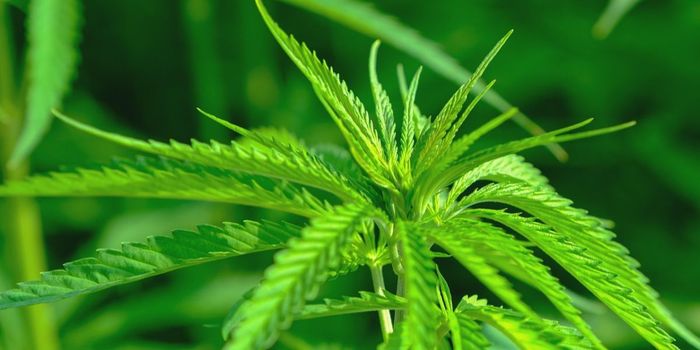Call for Volunteers to Study Driving While Stoned
Scientists, politicians, and citizens are all concerned about driving while stoned. Now that recreational use is legal in some states, state police are having a difficult time discerning whether or not a person is impaired. Don't we know what to do to catch drunk drivers? Well, it turns out, it is not as cut and dry as that. There are several reasons why this is so, and all of the details have to be worked out to come up with laws that regulate driving while stoned.
Photo source: UnSplash.com
This newsletter has touched upon this issue before (here and here). One thing in particular, though, is how to determine at which point are THC blood levels detrimental to driving. We already have a limit for alcohol (0.08%). But what should the limit be for THC? 5ng/mL? 10ng/ML? That is what a current study (which still needs volunteers), ongoing in at the University of Colorado - Denver, is trying to determine.
The odds are stacked against the researchers (but that has never deterred science!) in terms of previous studies. In 2016 the AAA Foundation for Traffic Safety published the results of their attempts to quantify a THC limit. They determined that it was not scientifically possible to do so. According to the researchers, this is due to the variability in the performance of drivers arrested for driving under the influence (DUI) on various tests. They tested a range from 1ng/mL through 10 ng/mL. Furthermore, the Department of Transportation for Colorado (CoDOT) clearly states on its website that "Any amount of marijuana consumption puts you at risk of driving impaired" (emphasis added).
The conclusion from the AAA study came from a retrospective look at data already collected. The current study at UC-Denver is testing how much THC is enough to impair driving by getting participants high and then testing their driving skills (in a simulator). The study is headed by Dr. Michael Kosnett who is a medical doctor, toxicologist, and associate clinical professor. He and his colleagues are testing motor skills in certain scenarios such as avoiding a crash. These scenarios need more "executive function" from the brain to chose how to respond (should I brake? Swerve?). Detriments in executive function are one of the side effects of consuming marijuana.
Photo source: UnSplash.com
Unfortunately, there is not much data to report because it has not yet been released. In an interview with Leafly.com the only result the researchers would divulge was that their participants tended to drive slower when high. The researchers compared it to looking at a cellphone while driving. You slow down a bit because you are distracted. However, driving while looking at your cellphone is not safe either.
This study still needs participants. If you are interested you can learn more about it here. There is only one catch: you have to bring your own weed.
Sources: LabRoots, AAA Foundation for Traffic Safety, www.codot.gov, ucdenver.edu, Neuropsychopharmacology, Leafly.com










